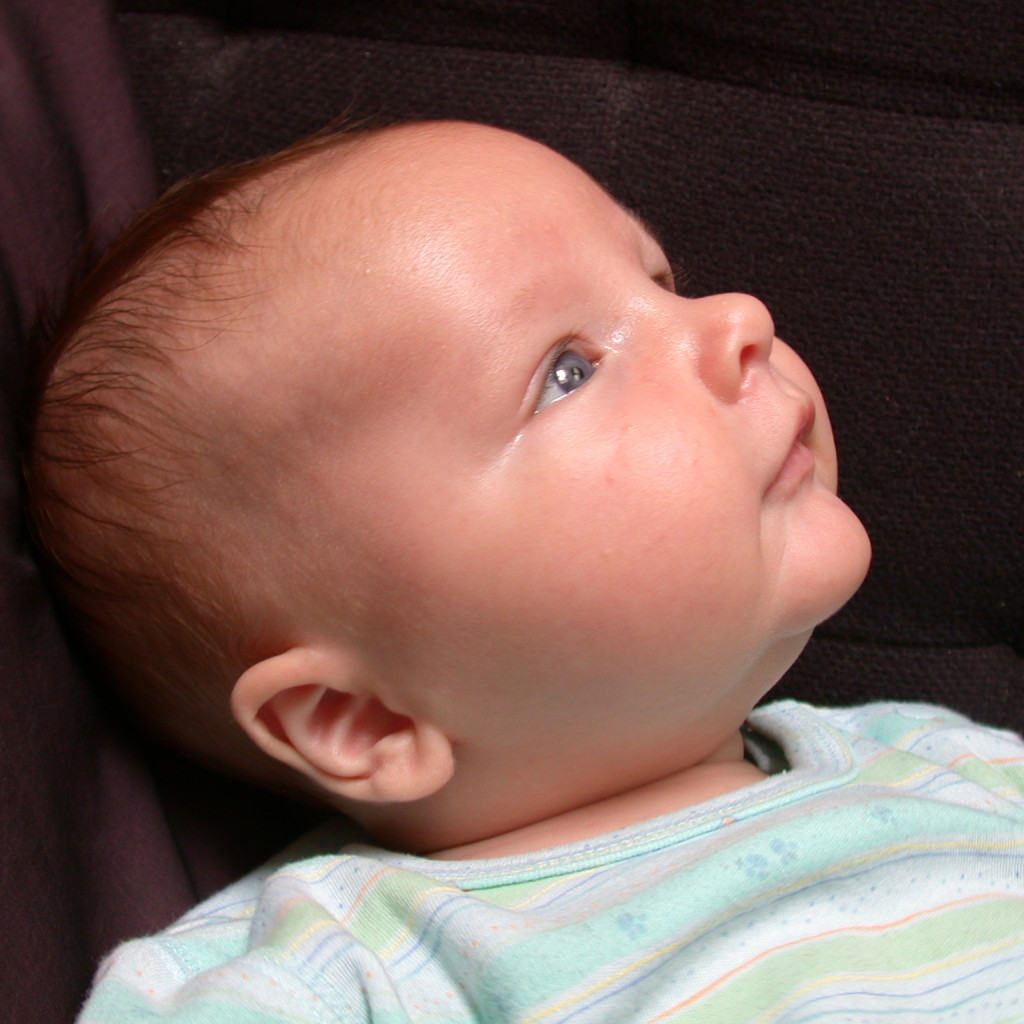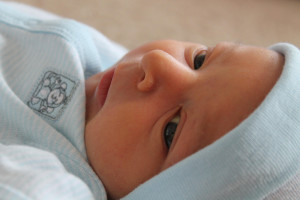
Contributor: Crystal Karges, MS, RDN, IBCLC for Addiction Hope
Breastfeeding is an incredible opportunity for mothers to give their babies the best start in life. Numerous research studies have demonstrated how breastfeeding benefits infants, including immunological support, unsurpassed nourishment, and increased protection against a multitude of diseases.
Birth Defects & Exposure to Prescription Drugs in the Womb
Breastfeeding also offers many benefits to the nursing mother, including reduced risk of breast, uterine, and ovarian cancer, promotion for emotional health, and increased postpartum weight loss.
Breastfeeding also offers a unique opportunity for mother and baby to create an emotional bond and connection.
A nursing baby can still be impacted
Some nursing mothers may assume that since their baby is no longer in their body, it is not necessary to be concerned about dietary or lifestyle choices that could potentially impact her growing baby. While a baby in utero is directly impacted by everything a mother chooses to put in her body, a nursing baby can still be impacted through various things that are passed into a mother’s breast milk. This includes:
- Caffeine
- Medications
- Herbs
- Other supplements
- Alcohol
Any time a nursing mother consumes something from these categories, an amount is passed into her breast milk. With alcohol consumption, the same amount of alcohol that is in the bloodstream is also passed into breast milk. Alcohol content in breast milk can be transferred to a nursing baby, which has many potential consequences that can be harmful.

While alcohol does not directly pass to a baby as it does when in utero, alcohol can still be delivered to an infant via breast milk if a mother is drinking.
Generally, the younger an infant (3 months or younger), the longer it will take their bodies to process and break down alcohol.
Hindering Development
Research has shown that a babies’ development can be hindered with exposure to alcohol in breast milk. In a study of 400 breastfed babies, gross motor development at one year of age was delayed in babies’ whose mothers drank at least one drink daily during their infants’ first three months of life [1].
Breastfeeding is an invaluable time for both mother and baby, and an infant is still vulnerable to the potential toxins that could be passed through breast milk. As a nursing mother, take precautions before considering drinking any amount of alcohol. If you are struggling with alcohol abuse or alcoholism and are nursing your baby, consider alternative means of feeding your baby.
Drugs During Pregnancy: What Will The Law Have To Do With It?
The risks of exposing your baby to alcohol are far more detrimental than choosing not to breastfeed. If you are in need of any support or resources, contact your doctor or your baby’s pediatrician to learn more about how you can best help yourself and your baby during this crucial time.
References:
- [1]: Baby Center, “Will it harm my breastfeeding baby if I drink wine, beer, or hard alcohol” http://www.babycenter.com/0_alcohol-and-nursing-moms_3547.bc Accessed 9 Jan 2015.
The opinions and views of our guest contributors are shared to provide a broad perspective of addictions. These are not necessarily the views of Addiction Hope, but an effort to offer a discussion of various issues by different concerned individuals.
We at Addiction Hope understand that addictions result from multiple physical, emotional, environmental and genetic factors. If you or a loved one are suffering from an addiction, please know that there is hope for you, and seek immediate professional help.
Published on January 15, 2015
Reviewed by Jacquelyn Ekern, MS, LPC on November 19, 2018
Published on AddictionHope.com
